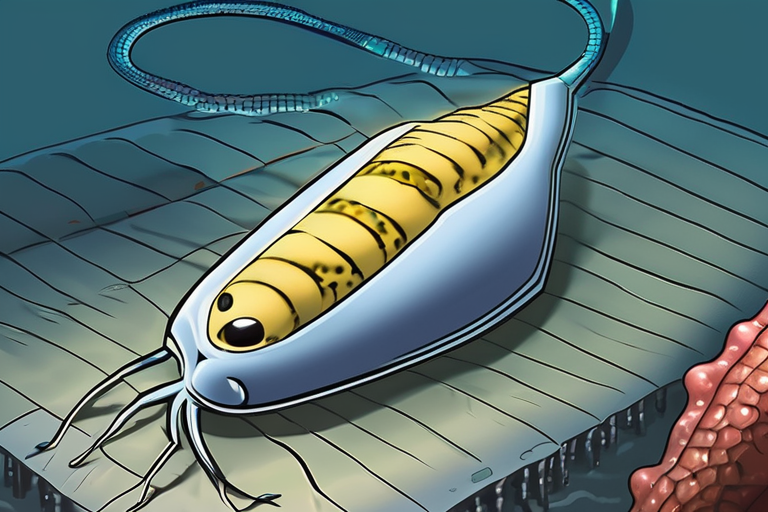Researchers and ethicists have been engaged in a heated debate over the past few years regarding the capacity of fish to feel pain, a discussion that has significant implications for the treatment of aquatic animals in various industries, including aquaculture and fishing.
The debate gained momentum in recent months, with experts weighing in on the issue. Dr. Rachel L. Mills, a marine biologist at the University of California, stated, "Fish are capable of experiencing pain, and their nervous systems are complex enough to support the sensation of pain. We have evidence from various studies that fish exhibit behaviors indicative of pain, such as avoidance of painful stimuli and changes in behavior after injury." Mills emphasized that the complexity of fish nervous systems is often underestimated, leading to a lack of consideration for their welfare.
The discussion surrounding fish pain is not new, but it has gained traction in recent years due to advancements in neuroscience and a growing awareness of animal welfare. Historically, Western natural philosophy has viewed fish as primitive and dim-witted, a notion that has been perpetuated by the scala naturae, a hierarchical classification system developed by Aristotle. This perspective has led to a lack of consideration for the well-being of fish and other aquatic animals.
The debate has also sparked a broader conversation about the limits of our understanding of animal consciousness. Dr. Brian Hare, a cognitive scientist at Duke University, noted, "We can never prove that other animals are conscious, but we can observe their behavior and infer their subjective experiences. The question of whether fish feel pain is a complex one, and it requires a nuanced approach that takes into account the latest scientific research and our understanding of animal cognition."
The implications of this debate extend beyond the treatment of fish and other aquatic animals. It has significant consequences for the fishing and aquaculture industries, as well as for our understanding of animal welfare and conservation. As the debate continues, experts are calling for a more comprehensive approach to understanding the complex lives of fish and other aquatic animals.
In recent developments, the European Union has announced plans to implement new regulations aimed at reducing the suffering of fish and other aquatic animals in aquaculture and fishing practices. The move is seen as a significant step forward in addressing the issue of fish pain and promoting animal welfare.
As the debate over fish pain continues, experts are emphasizing the need for a more nuanced understanding of animal consciousness and the complex lives of fish and other aquatic animals. The discussion has significant implications for our treatment of animals and our understanding of the natural world, and it is likely to continue in the coming years.


























Share & Engage Share
Share this article